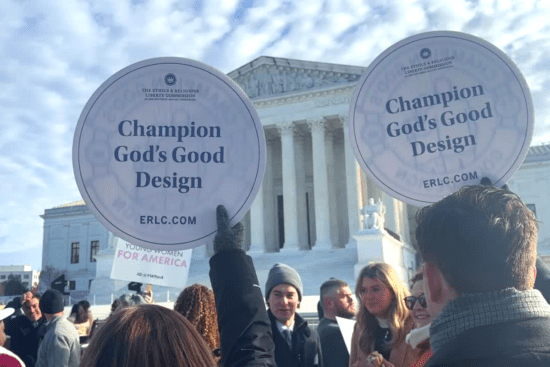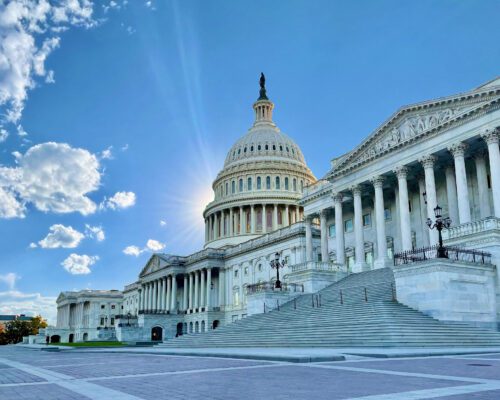On Jan. 13, 2023, nine agencies released a proposed rule related to the relationship between faith-based organizations and federal funds. This new rule, ostensibly set up to clarify the current regulations, would, among other things, weaken the protections for faith-based organizations which help to provide social services to those in need. On Tuesday, the ERLC filed public comments in opposition to the change.
What does this rule do?
The proposed rule change would redefine the relationship between faith-based organizations and the federal government in key ways: requiring referrals to secular providers for individuals who disagree with the religion of the faith-based organization, redefining indirect federal financial assistance, not requiring the federal agencies to make accommodations for religious objections, and limiting the Title VII religious exemption only to hiring/firing employees.
Each of these areas creates an undue burden on the faith-based organizations which apply and seek federal funds to provide services to their communities. For example, the new rule would require that providers give referrals to other services which may not share their religious beliefs if the individual seeking the service disagrees with the faith of the provider.
Similarly, the removal of the requirement for religious accommodation, while still allowing organizations to seek one, opens the door for the administration to deny reasonable accommodations for sincerely held beliefs. Further, the limiting of Title VII to only hiring and firing shrinks the religious liberty protections of these organizations, implying that they do not have the right to carry out their work under the guidance of their faith.
Why is this problematic?
The rule proposal is a revision of existing protections for faith-based organizations at a time when those organizations are more important than ever in providing the social services to families and communities.
As our comments argued, “Faith-based organizations are indispensable service-providers in meeting the needs of America’s most vulnerable populations. Without faith-based organizations, millions of Americans would not receive the critical services they need to thrive and flourish.”
Religious congregations provide 7.6 million volunteers to run 1.5 million social programs in America each year. As just one example, faith-based organizations—working directly in partnership with the U.S. government—are responsible for resettling at least 70% of refugees in the U.S.
Though the rule does not overtly prevent faith-based organizations from applying, it does create new hurdles for them. Through the referral requirements and the limiting of Title VII protections, this rule opens the door for organizations that receive federal funds, such as faith-based adoption agencies, to not be able to provide services in accordance with their religious beliefs.
Similarly, the rule change no longer requires accommodations for religious exemptions, creating the opportunity for discrimination against religious organizations. A refusal to acknowledge that reasonable, sincerely held religious objections creates a system where any objection to the current administration’s specific view of policy is grounds for rejection of funding. This does not encourage healthy partnerships, but rather unfairly penalizes faith-based organizations because of their religious identity and sincerely held beliefs.
As Chrstians, we are compelled by our faith to serve our community, but we are equally compelled by our faith to adhere to our religious convictions as we do so. This rule forces faith-based providers to choose between these two deeply held beliefs, places an undue burden on providers who seek to participate in federal programs, and weakens protections for faith-based providers to make employment decisions that are consistent with their beliefs.
How has the ERLC responded?
The ERLC has submitted public comments laying out these concerns with the proposed rule and urging these agencies to reconsider making these changes. Faith-based organizations should not be placed under special burdens because of their religious tenets, and the government should not seek to deny reasonable, good-faith requests for accommodations. The ERLC will continue to monitor these changes and look for additional opportunities to raise our concerns and advocate for the protection of religious liberty.









